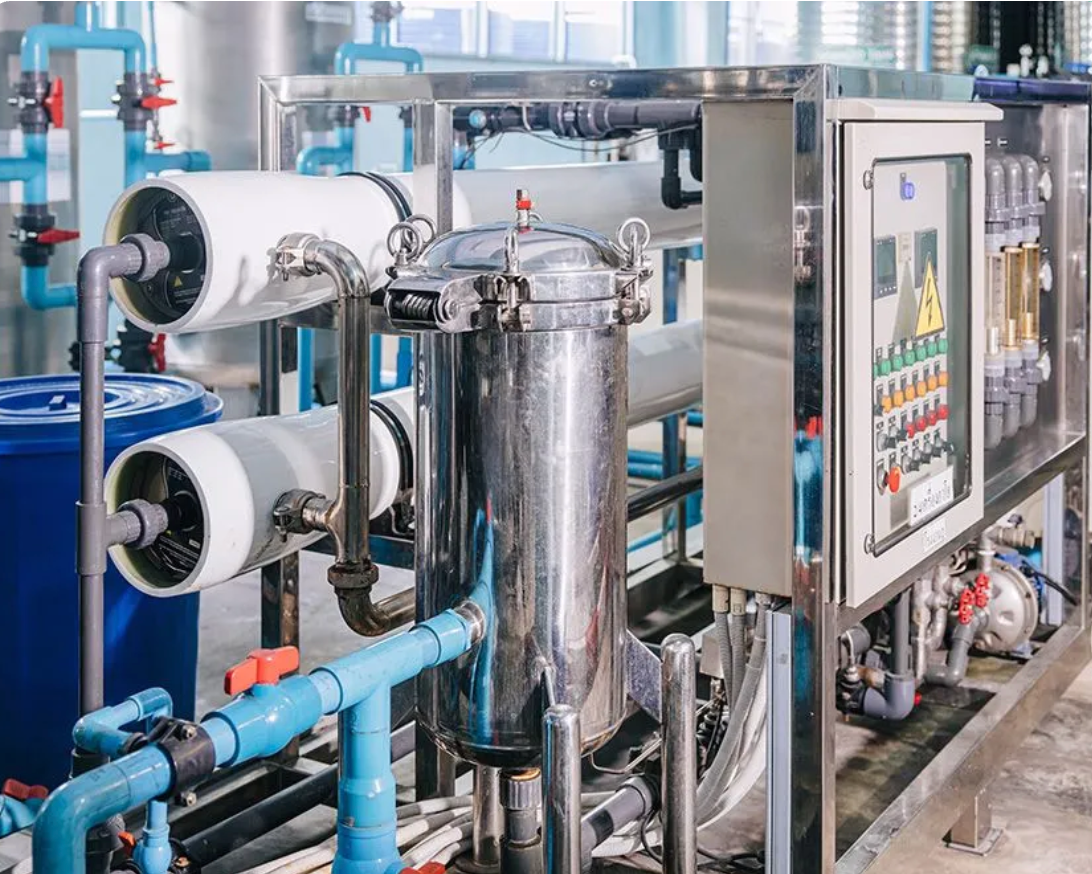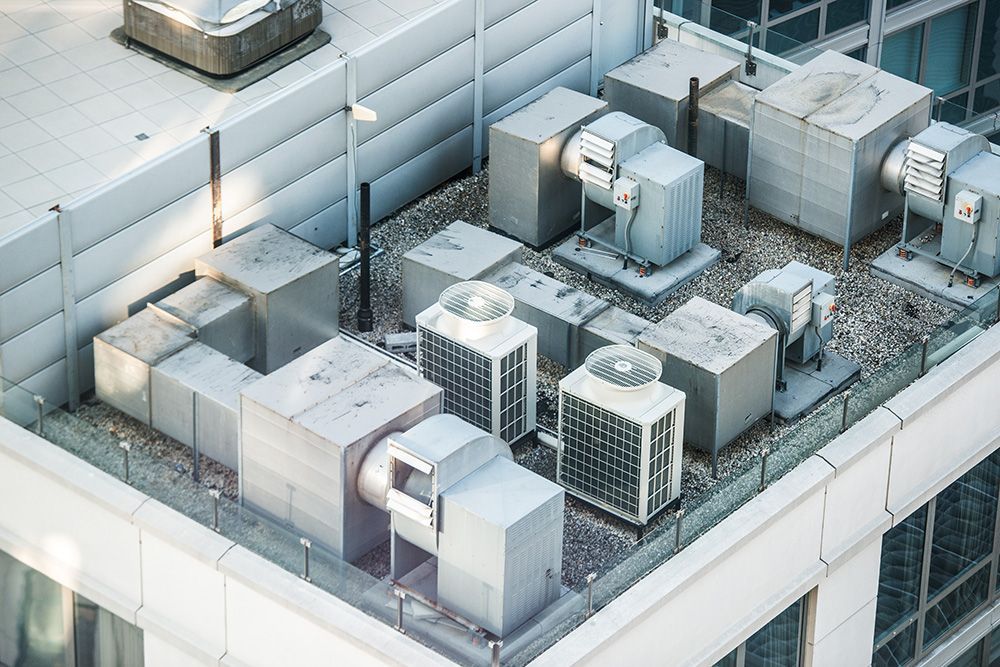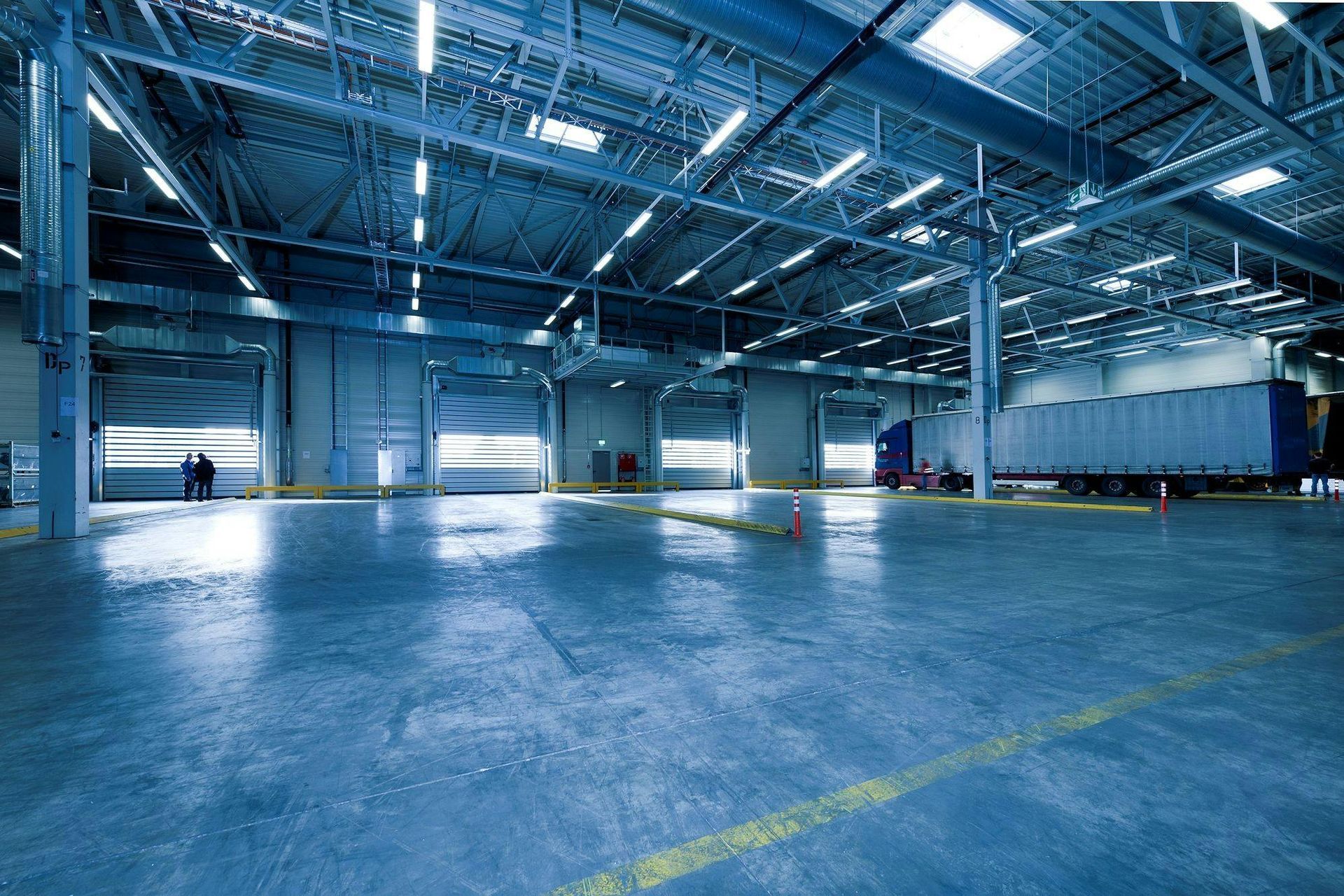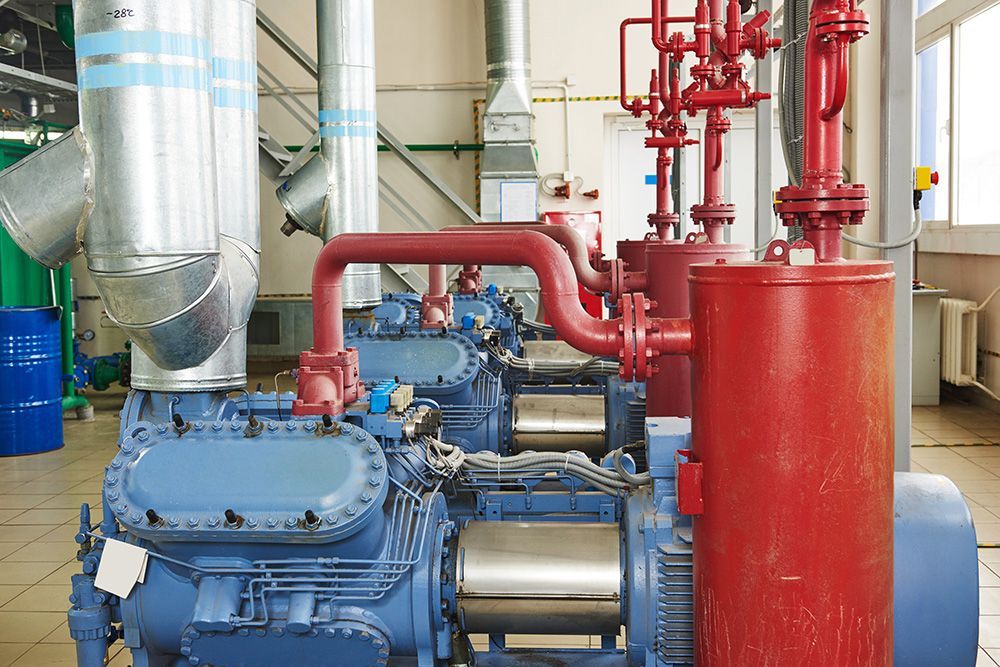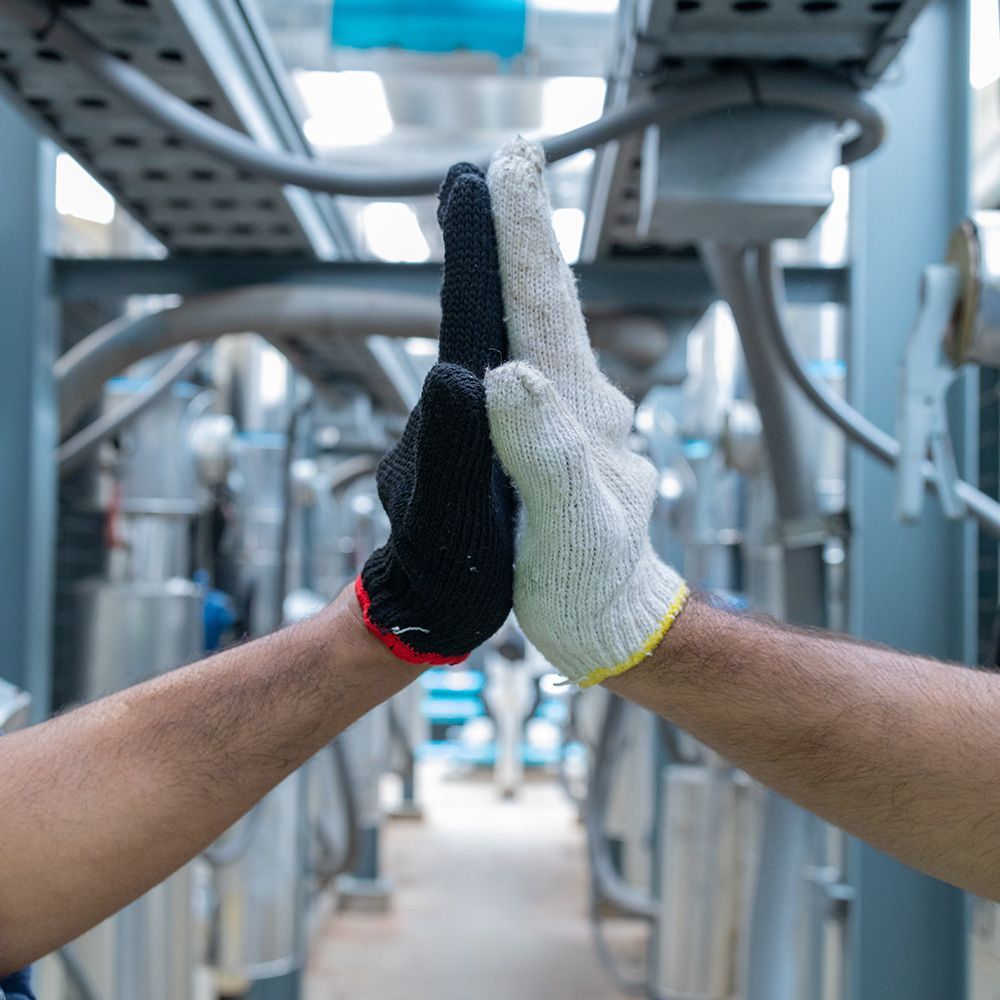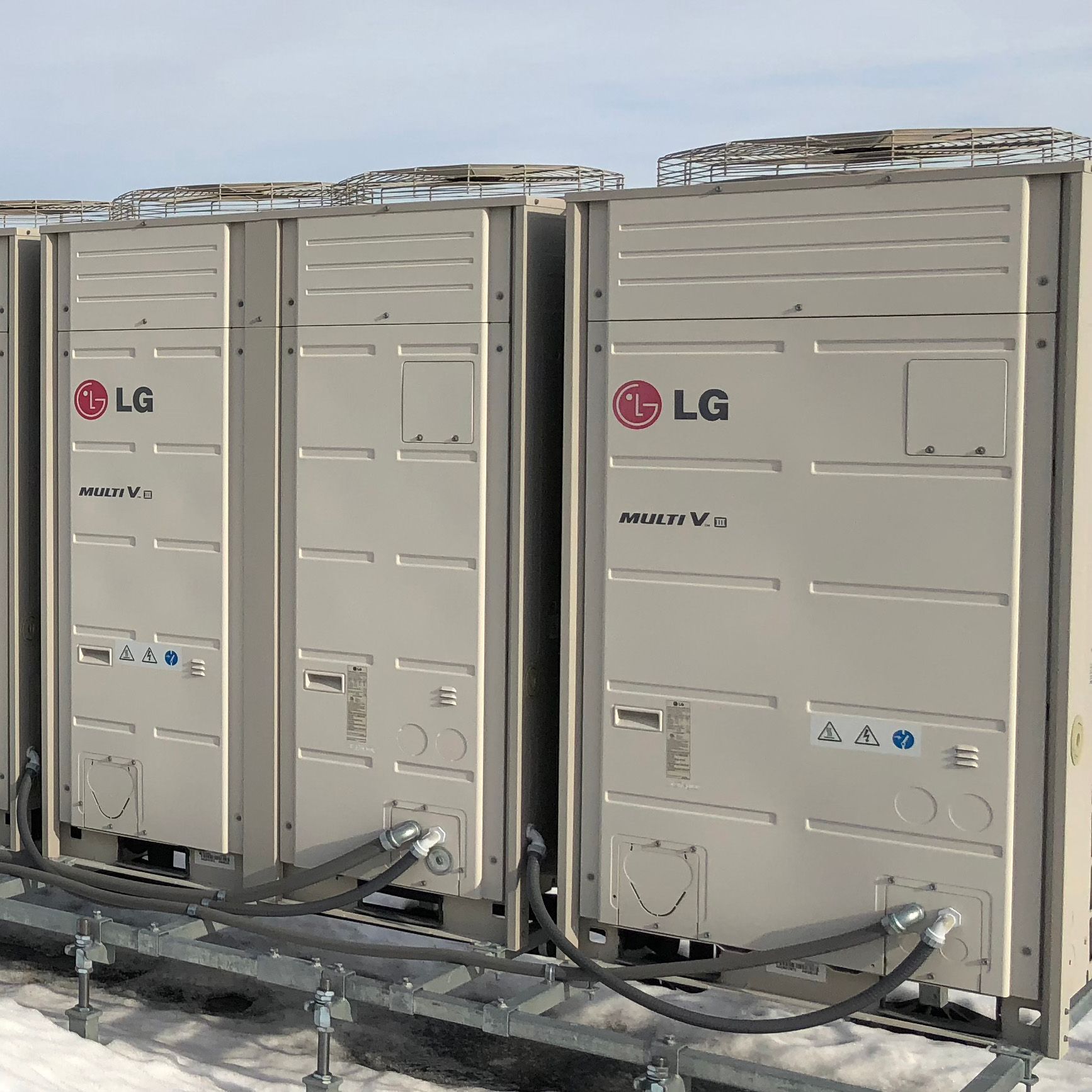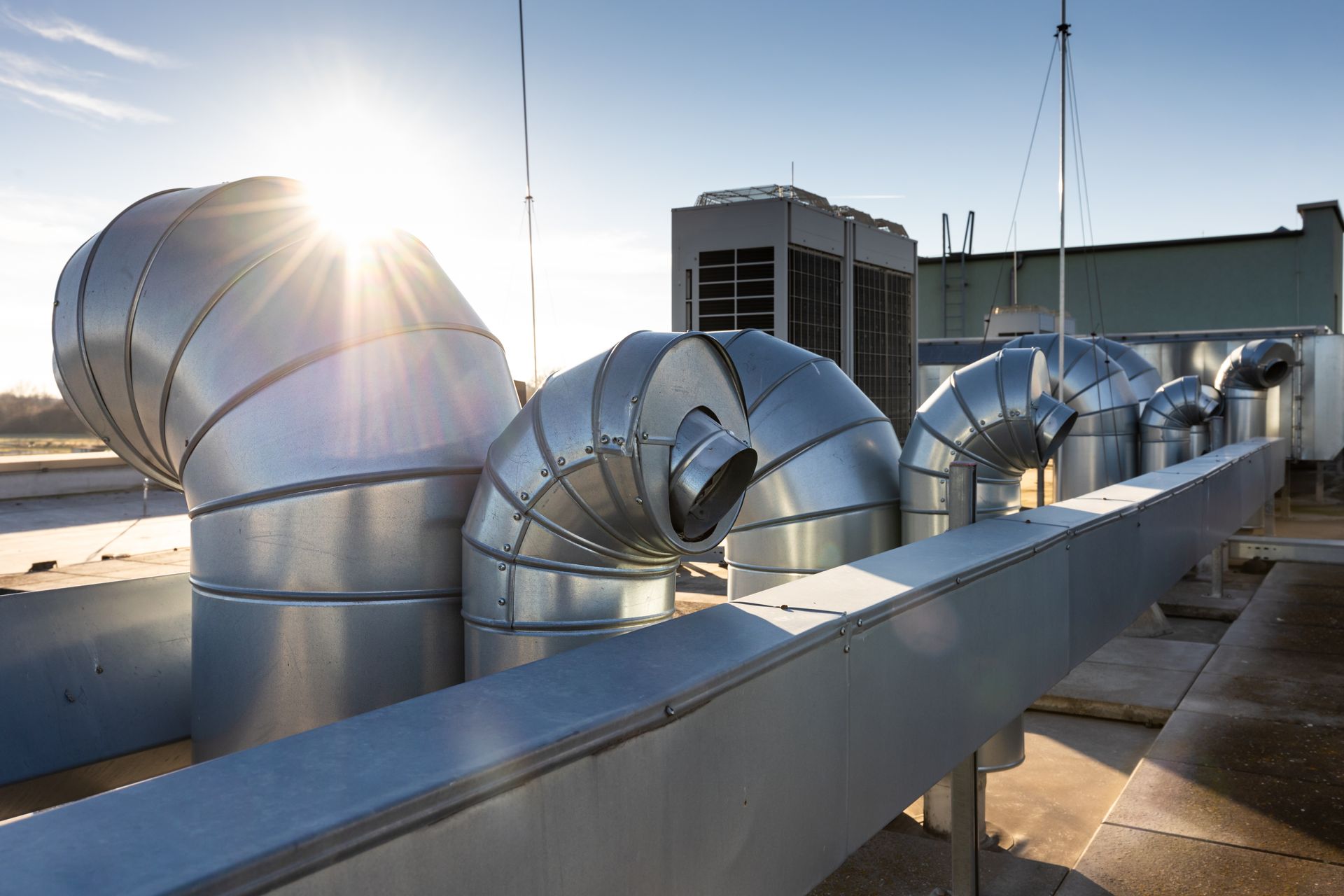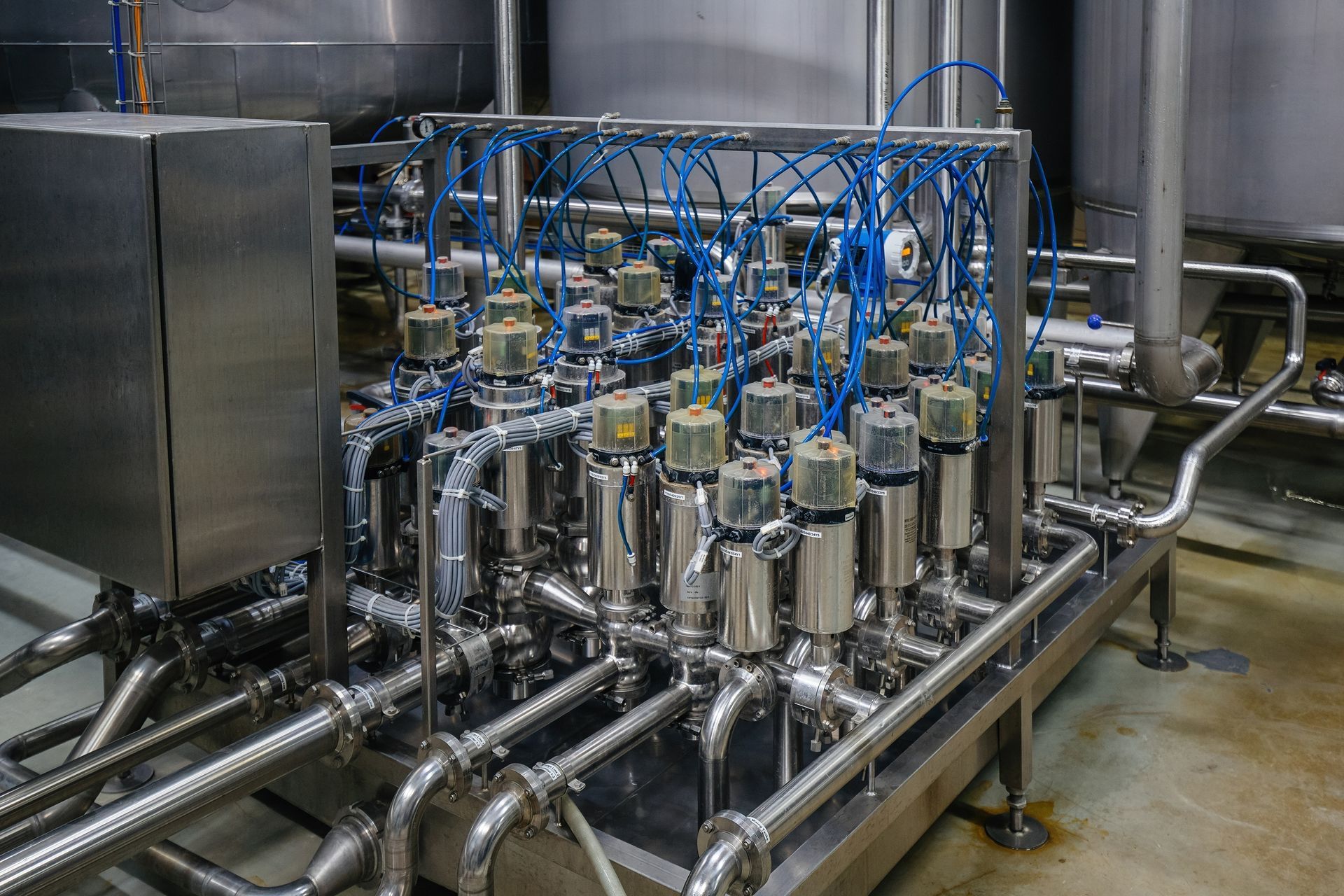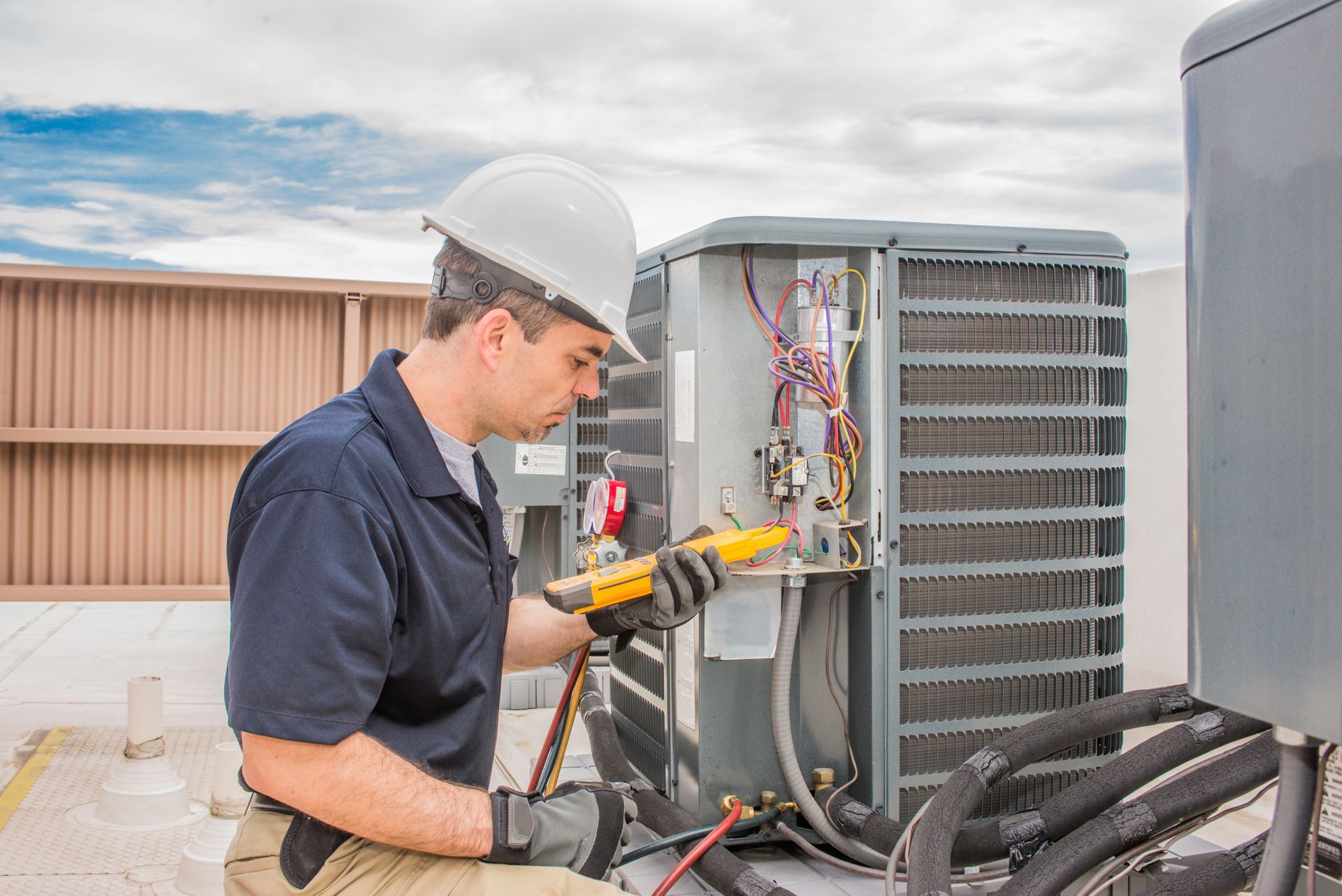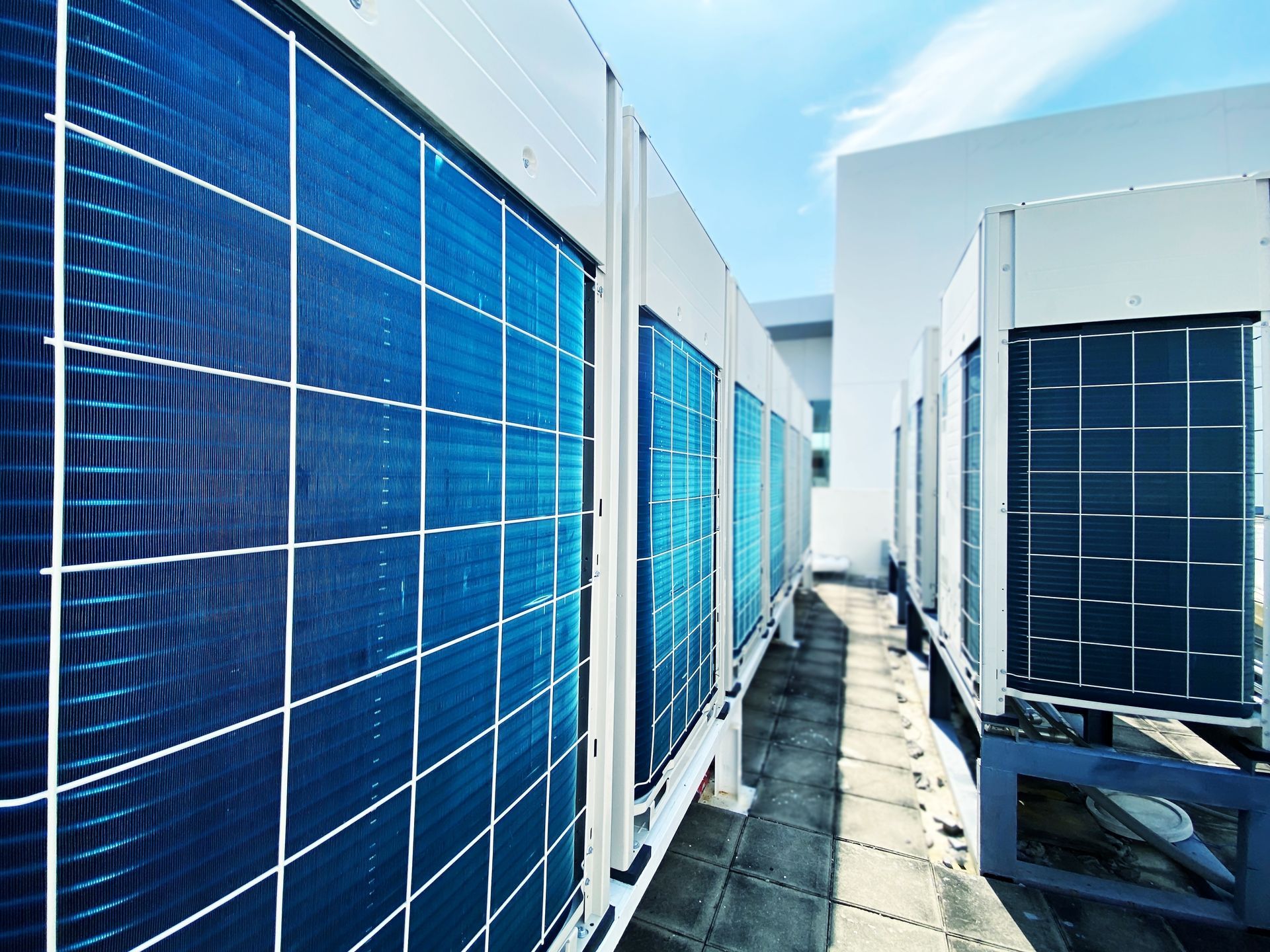What to Know About Professional Pump and Equipment Installation for Commercial Facilities
What to Know About Professional Pump and Equipment Installation for Commercial Facilities
Whether you're in manufacturing, food processing, HVAC management, or any other industrial or commercial field, your pumps and mechanical equipment play a crucial role in keeping operations on track. But even the best equipment can fall short if it’s not installed correctly. That’s where professional installation makes all the difference.
At Anderson Mechanical, pump and equipment installations are approached with precision, experience, and a deep understanding of what makes systems work reliably under pressure. Here’s why professional installation matters, what it involves, and how it supports your business long-term.
Why Proper Pump and Equipment Installation Matters
Pump systems—whether they're moving water, chemicals, refrigerants, or other fluids—need to be installed with exacting detail. It's not just about anchoring equipment to the floor and connecting a few hoses. Proper installation ensures flow efficiency, reduces the risk of breakdowns, and extends the life of the system.
If a pump is installed at the wrong angle, with incorrect alignment, or without proper vibration control, it can result in leaks, worn seals, cavitation, and even full system failure. Not only can this be costly in terms of repairs, but it can also lead to unplanned downtime—something no facility wants to deal with.
What’s Involved in Installing Pumps and Mechanical Equipment?
When it comes to installing new mechanical systems, a professional approach starts well before the equipment hits the ground.
Site and System Assessment
The first step is to understand what the system will be used for. That includes flow rates, pressure requirements, fluid type, and where the pump will be located. Professionals look at the space itself—whether it’s an equipment room, rooftop, or part of a process line—to evaluate how best to install the equipment for safety, efficiency, and access.
Equipment Matching
Not all pumps are designed for the same purpose. A centrifugal pump might work great in one setting, while a positive displacement pump is needed in another. Choosing the right pump isn’t just about size—it’s about how it performs under your specific operational demands. The team at Anderson Mechanical helps match the correct equipment to your facility needs before any installation begins.
Foundation and Mounting
Pumps and associated equipment often require secure foundations to reduce vibration, noise, and mechanical stress. A poorly mounted pump can shake itself apart over time. Professional installers make sure that pads, anchors, and baseplates are properly aligned and secured, helping prevent future maintenance headaches.
Piping and Connections
Next up: tying the pump into the system. This step is more technical than it seems. Piping needs to be properly aligned to avoid stress on pump flanges. Isolation valves, expansion joints, strainers, and supports may all be part of the setup, depending on what’s being moved and how. Professional installation ensures all of this is done to spec, with minimal risk of future leaks or blockages.
Electrical and Control Setup
If your pump is powered by a motor—and most are—it needs to be connected to the correct power source with the right protections in place. That may include motor starters, variable frequency drives (VFDs), overload protection, and more. The installation team also ensures that any control panels or sensors are connected, tested, and communicating with your larger system.
System Testing and Commissioning
Once installed, the system is tested under real-world conditions. Flow rates are checked, vibration levels are monitored, and the pump is run to ensure it’s doing what it was designed to do. Any airlocks, misalignments, or other small issues are handled before the system goes live.
The Anderson Mechanical Difference
Working with a team that knows pumps, piping, and equipment installation from the inside out means fewer surprises and smoother operations. Anderson Mechanical brings over 20 years of experience in commercial and industrial mechanical work across the Kansas City area.
Here’s what sets them apart:
Experienced Professionals
Their team knows how to handle complex installations involving chillers, boilers, water pumps, chemical pumps, and more. Each job is approached with care and a commitment to doing it right the first time.
Tailored Solutions
No two facilities are exactly the same, and that’s why Anderson Mechanical takes the time to understand your specific needs before making recommendations or starting installation.
Quality Workmanship
From anchoring heavy-duty equipment to configuring controls and flow systems, everything is installed with an eye toward long-term durability.
Post-Installation Support
After the system is installed, they’re available for maintenance, repairs, upgrades, and troubleshooting to keep your operations running smoothly over time.
Keeping Your Operations Flowing
Whether you're replacing an old system or expanding your facility with new equipment, professional pump and equipment installation is key to keeping everything flowing without issue. When a pump is installed correctly, you reduce the risk of leaks, minimize energy waste, and improve performance across the board.
Anderson Mechanical understands how critical your systems are. From choosing the right pump to integrating it seamlessly into your operations, they handle every step of the process with precision and professionalism.
Getting it right the first time can save a lot of time and money down the road. Professional installation isn't an extra step—it’s the first step toward equipment that works as hard as you do.
